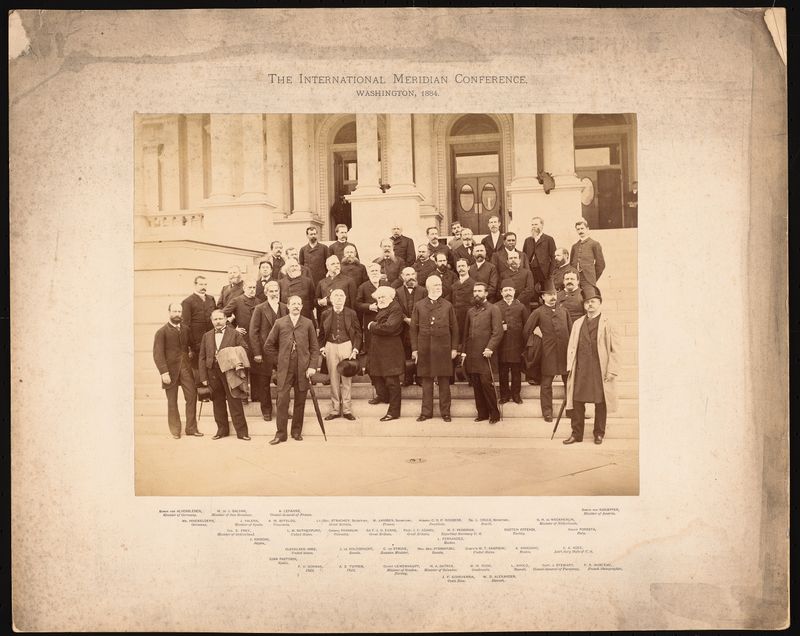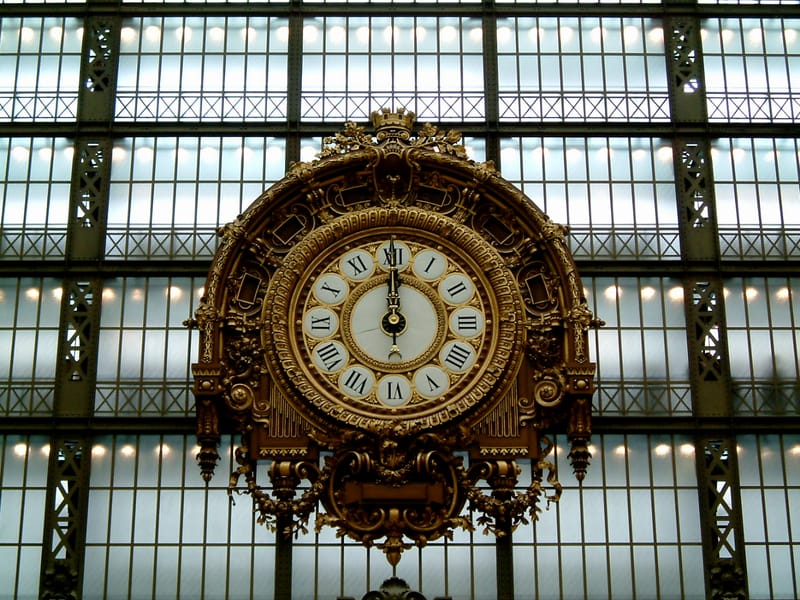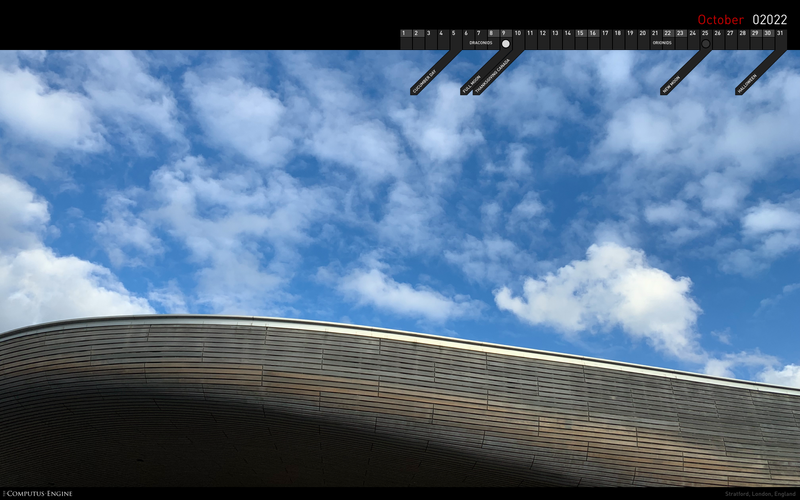All of our present day systems of measuring and marking time have their roots in astronomy. Ancient cultures used the motion of the heavens to determine everything from when best to sow their crops to when to attack their enemies. Over time these observations became formalised calendar systems.
Church and State
All of these calendars have been meddled with and adjusted over time by men of science and men of religion. Timekeeping is actually one of the few disciplines where science and religion have pursued a common goal: to accurately measure the movement of the heavens. Religion requires that its festivals and feast days are celebrated at a consistent point in the heavenly cycle, and science wants to understand the universe and the fundamental laws of nature.
We live our lives by these frameworks of celestial approximation but often take them for granted. What's not generally appreciated is that these systems are still changing. The modern western calendar has only been around in its present form for a little over 400 years. The highly controversial notion of Daylight Saving Time was 200 years old last year. Even in recent years we have begun adopting (and proposed dropping) leap seconds. Whole calendars are adopted and dropped; the people of Turkmenistan just recently got their old calendar back after 7 years.
A line in the sand
Science and religion continue to tinker with our systems of timekeeping. Take for example this recent report from the BBC in which Muslim clerics attending the recent "Mecca, the Centre of the Earth, Theory and Practice" conference in Qatar have called for Mecca to be adopted as the prime meridian for the earth. The fundamental flaw (no pun intended) in this proposal is that a religious body has tried to use science to make their argument. The arguments put forward as evidence were neatly demolished at BadAstronomy.com. Science is the realm of empiricism and reason and theology is the realm of faith. They both look foolish in each others territory.
A meridian is just a line. It's completely arbitrary. In most cases the meridian is a point of longitude where an astronomer happened to set up his telescope. Why not have another system with Mecca as its prime meridian? Prior to the International Meridian Conference there were competing meridians all over the world. The reason it is unlikely to be adopted globally is that agreeing on a prime meridian in the first place has provided a stable useful international standard.





